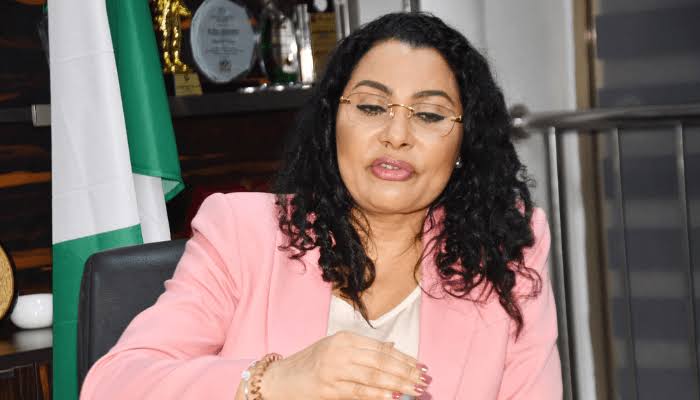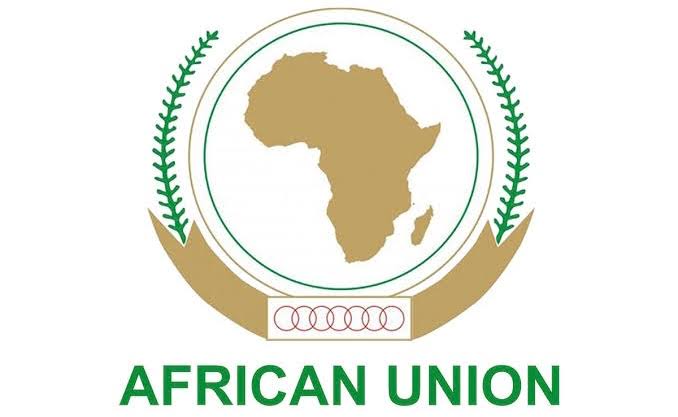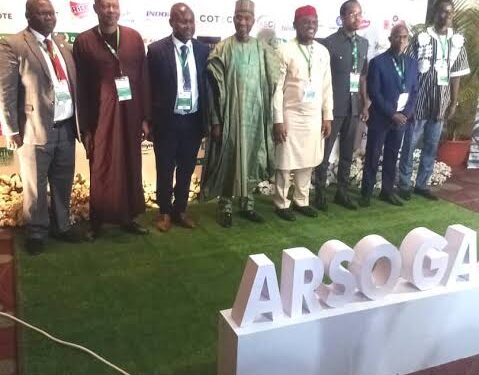The Federal Government of Nigeria has called for comprehensive standards for goods and services to strengthen the African Continental Free Trade Area (AfCFTA) agreement.
The call was made by the Minister of Industry, Trade and Investment, Doris Uzoka Anite, at the 30th General Assembly of the African Standards Organization (ARSO) hosted by the Standards Organization of Nigeria (SON) in Abuja on Wednesday.

“Standardization is not just about setting guidelines, it is about promoting a culture of quality, ensuring that our products and services meet international standards, improving competitiveness and facilitating trade. It is about creating a unified market where quality is the norm and not the exception.”
“This vision of markets and standards is crucial to achieving the goals of the African Continental Free Trade Area (AfCFTA). The focus on Made in Africa highlights one of Africa’s biggest positive lessons from COVID-19, namely the need to focus on African regional value chains and the competitiveness of Made in Africa products, export-oriented manufacturing, value-driven building of quality infrastructure (standardization) to promote intra-African trade, industrialization and self-reliance.”
“My Ministry’s objective is therefore to reposition and revitalize the Nigerian economy towards sustainable growth by exploring innovative strategies to enhance Nigeria’s economic sustainability,” she said.

The Executive Director of the Nigerian Standards Organization, Dr. Ifeanyi Okeke, noted that the event helped to foster collaboration and further strengthen existing relationships between African delegations and the international community, who are decision-makers in ARSO activities within the continent and beyond.
He said: “The theme of this year’s General Assembly, ‘Educating Africans for the 21st Century – Building a Culture of Quality – One Market, One Standard’ is not only appropriate and important, but will further cement the organization’s hopes of a standardized internal market.
ARSO President, Professor Alexander Nii Oto Dodu, stressed the need to improve the quality and upskill Africa’s youth, saying “standards, trade and job creation remain key tools to transform stagnant African economies.”


































